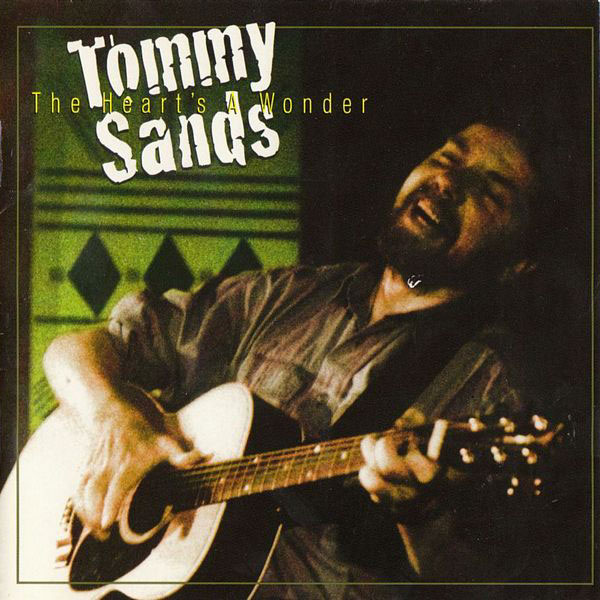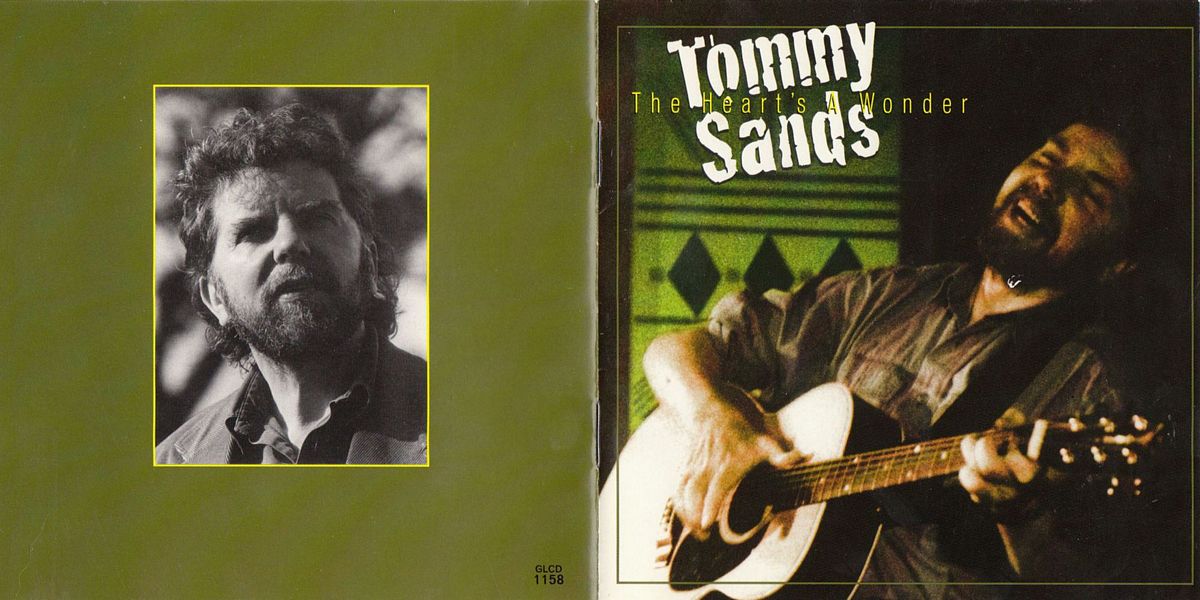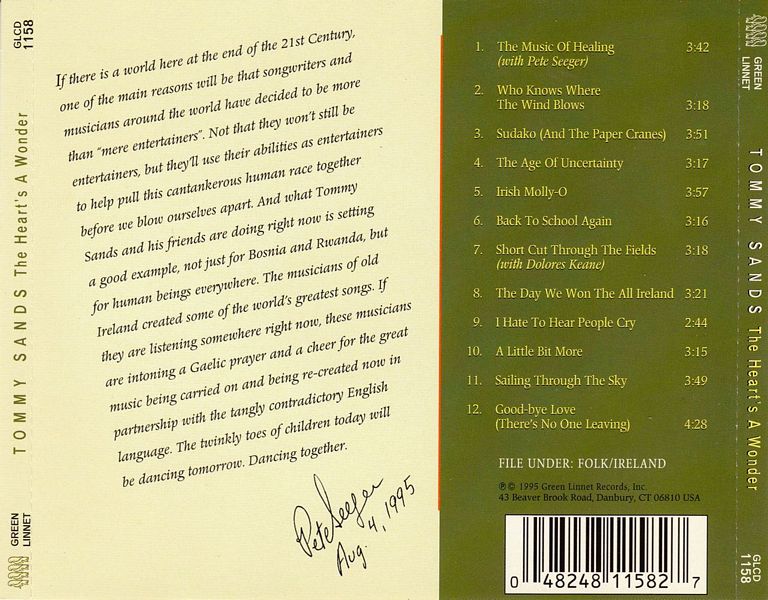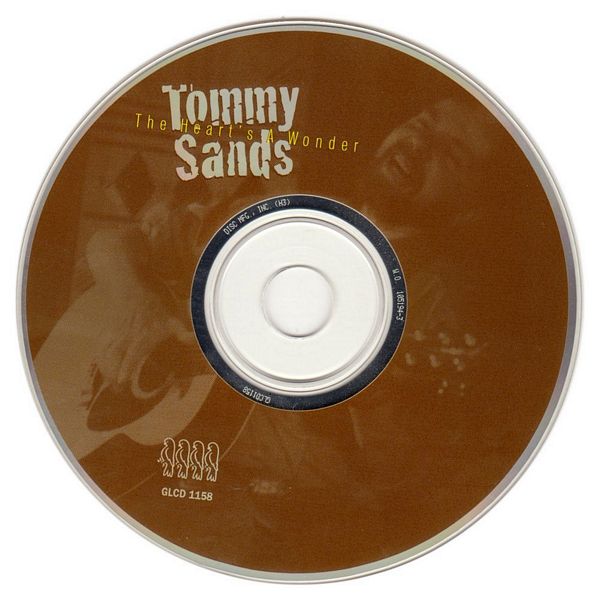
 |



|
| more images |
THANKS to all the musicians, especially Arty & Steve, Brian Masterson, Wendy Newton, Chris Teskey, Patti Mohr, Peter Emerson, Michael D. O'Higgins, Mick Moloney, Catherine Benson (Thanks for the cello, Catherine), Frank & Eily Patterson, Paul Pritchard, Eileen Ivers, Seamus Egan, Nancy Iverson, Clanrye River Dancers, Mike Wolke, Siegfried Maeker, Catherine Bescond-Sands, Fionan, Moya & all the Sands family.
Sleeve Notes
THE MUSIC OF HEALING — The cease fires in Northern Ireland brought a great sense of hope to us all. No matter what the eventual solution is to be, ordinary people will have to learn to live together. Sometimes music can help to heal some of the wounds.
I wrote the second verse using some words from an old friend of mine, Pete Seeger, and some words he quoted from his father, so I'm delighted that Pete and his grandson Tao were able to join me on this recording. Thanks to Greg and Lisa for setting up the session in New York and to Vedran Smailovic for joining us on cello. Every day in his native Sarajevo, the lone figure of Smailovic, dressed in full evening suit, could be seen, walking past his bombed out orchestra theater and in the street, amidst shell and fire, he sat down and played his cello for peace. When a CNN reporter asked him if he was not crazy for playing his cello in the middle of the shelling the famous Smailovic reply that went all around the world was, "You ask me am I crazy … why do you not ask those people on the mountain are they not crazy for shelling Sarajevo while Smailovic is playing the cello."
WHO KNOWS WHERE THE WIND BLOWS — I wrote this song after hearing a story at home about two brothers who ended up on different sides in the American Civil War, just because the wind literally blew them in different directions. I thought how often coincidences, as simple as a breeze, can determine our station and our never-to-be-surrendered convictions.
SUDAKO(AND THE PAPER CRANES) — Sudako Suzaki was just a baby when the bomb was dropped on Hiroshima. She survived but later developed leukemia as a result of the radiation. There's an old belief in Japan that if you make a thousand paper cranes (the crane being the symbol of health and long life), you can have any wish that you want. This is the true story of what happened. Today there is a statue of Sudako in the Peace Park of Hiroshima and children still go there with paper cranes. (I thank Patti Mohr from Bethlehem, Pennsylvania for bringing this story to my attention, and Fred Small for a beautiful song on the same subject).
THE AGE OF UNCERTAINTY
"Adam and Eve in the garden of Eden,
Reaching for apples, searching for freedom."
IRISH MOLLY-O — When digging through some old songs in the snowy Poconos of Pennsylvania with my good friend, folklorist Mick Moloney, we came across this Scots-Irish gem. Irish Molly-O, widely popular in North America in the early 19 th century, was first published by A.W. Auner in Philadelphia around 1830 and later in New York by Kennedy. Both The Hat My Father Wore and The Sash My Father Wore were adapted from this song. The other Irish Molly-O, a different song completely, was recorded by the Flanagan Brothers in the 1920s and by Maura O'Connell and others in the 1980s. It was written by the Tin Pan Alley duo of William Jerome and Jean Schwartz in 1890.
BACK TO SCHOOL AGAIN — My father used to say with a smile "The more you learn, the more you know, the less you know. And the less you know, the more you know, the less you learned. Therefore, why learn?" … The best days of our lives!
THE SHORT CUT THROUGH THE FIELDS — The short cut through the fields, over hedges, ditches, fields and streams, may not have been all that quicker at the end of the day, but it certainly seemed more romantic, unforgettable, softer on the heels, and unwrinkling for the mind.
THE DAY WE WON THE ALL IRELAND — I stood with my son Fionan watching with admiration and wonder as the county team trained for the All Ireland.
Faster and faster they ran, panting sweating shouting encouragement to each other, up the side of the Mournes.
I couldn't help but admire the great force that motivated them and drove them upwards towards the Mount Olympus called Cloch Mor. In a sense, they seemed to be suffering for the very hills and valleys they would represent with such pride in Croke Park. Later when they would return in triumph to their home village and county with the Sam Maguire Cup, those same hills would cheer without ceasing. Dedicated to all the great sportsmen and women who reach for the sky and bring the rest of us with them.
I HATE TO HEAR PEOPLE CRY — If we don't listen to what the other one has to say, maybe we're only half of what we could be. This is one of the very first songs I ever wrote and was recorded in 1966 by the Brian McCollum folk group. 'Round a late night camp fire at the Kerrville Festival in Texas, 1993, it came back to me. My friends liked it, so here it is.
A LITTLE BIT MORE — My father used to say that the best sleep is between the time you are called and the time you get up. It's that little bit extra that seems to give the most pleasure, be it in the pub after closing time or an extra fraction of an inch in the Olympic high jump. It's also good for an encore, both for the audience and the performer.
SAILING THROUGH THE SKY — Recently I was playing and recording in Maghaberry Prison outside Belfast. Most of the prisoners were there on political charges, from both sides of the divide; many were serving life sentences. After the concert,
I was speaking to one of the men and remarked that it must be very sad and lonely, having to spend so many years in such surroundings. He put his head to one side and smiled, and his eyes seemed to focus far beyond the walls that hemmed him in. "Sure I'm never here at all,” he said, "most of the time I'm far away, maybe at a football match in Newry or a dance in Belfast or talking to the girls close to Banbridge town." I knew what he meant for he was already on his way, sailing through the sky.
GOOD-BYE LOVE (THERE'S NO ONE LEAVING) — I couldn't help but feel a sense of betrayal as I led my mother out through the door of the family home for the last time.
She had Alzheimer's disease and we weren't able to look after her anymore.
I could feel the fear in her hand, just as she must have felt the fear of uncertainty in mine the first day she led me out to school. Early the next morning in the unfamiliar surroundings of the residential home I sat with her, not wanting to, or knowing how to, leave. She was the one who came to the rescue as usual.
"You must go and take your wee ones to school," she whispered suddenly.
She had done her duty, now I must do mine. We still wave good-bye nearly every day as she drifts with dignity further and further away from the pains of the earth towards the perfection of the heavens. My thanks to the great people in Kennedy's Home, Rostrevor, for being so good to her.